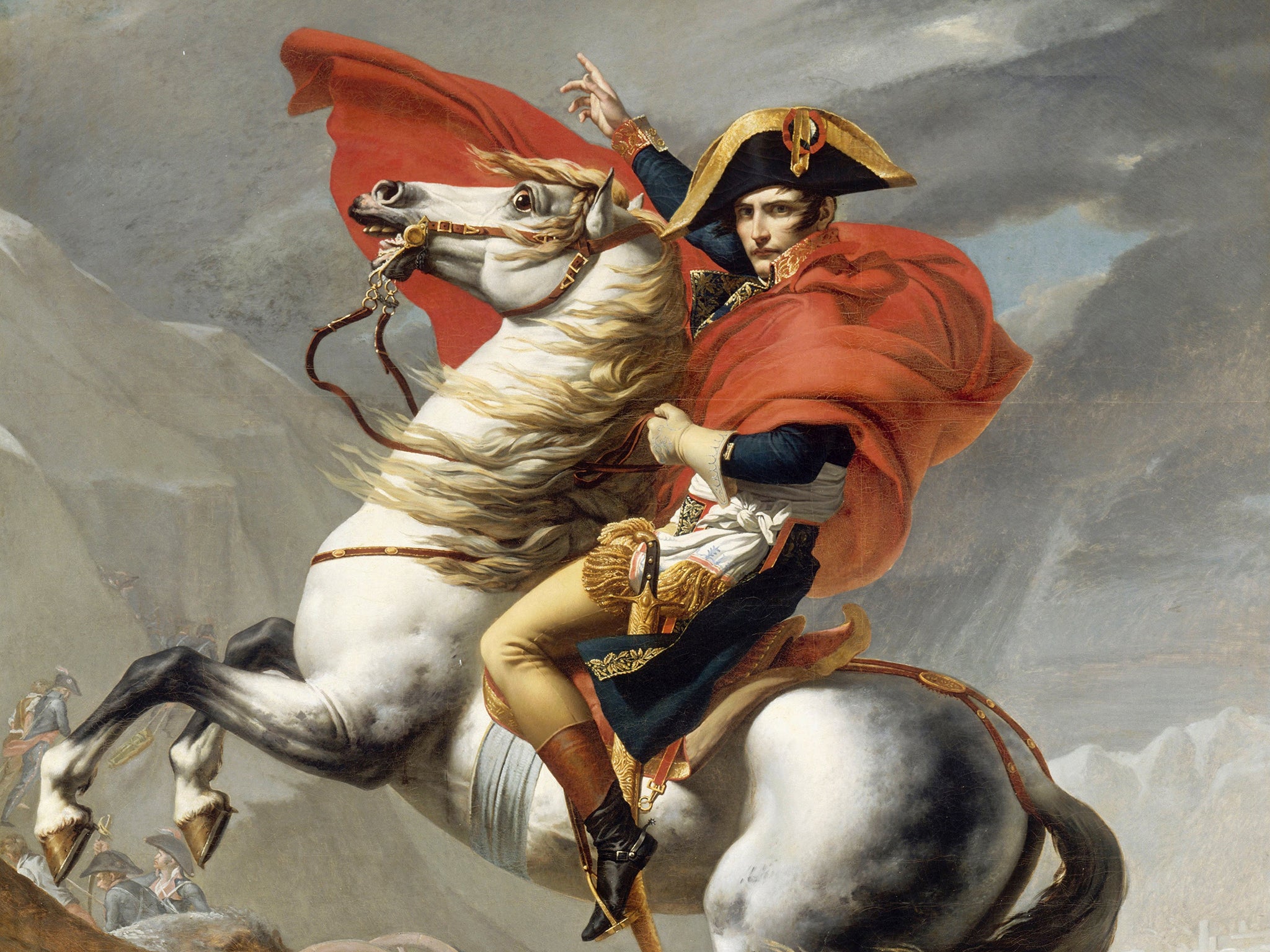Emperor’s old clothes (and chattels) go under the hammer as Monaco’s royal family sells off rare collection of Napoleon’s possessions
House of Monaco puts Napoleon collection on sale to make space for its own museum

Historical treasures are to be sold to the highest bidder in November when Monaco’s royal family parts with much of its unique collection of Napoleon’s possessions.
One thousand lots are to go under the hammer after the Grimaldi family decided to dispense with the French imperial relics to make room for a museum celebrating its own ruling dynasty.
But because of the exceptional nature of the auction, which is to take place in Fontainebleau, south of Paris, the French state could invoke an arsenal of measures at its disposal until the very last minute. It can either pre-empt a sale after the hammer has fallen, confiscate lots or take the exceptional measure of declaring an item a national treasure in order to prevent it leaving the country.
“The French Defence Ministry has a very bellicose approach to historical items, particularly manuscripts,” said Paris auctioneer Alexandre Giquello, who is co-hosting the sale with Jean-Pierre Osenat, a specialist of the Napoleonic era. Mr Giquello said that because of the risk that the Defence Ministry would confiscate some lots without paying the vendor, he had advised the Grimaldi family to withdraw 30 manuscripts from the auction.
The Monaco pieces are from the collection of Louis II, the great grandfather of Prince Albert II, and until now have been on display in the principality’s palace museum. They include a black felt bicorn hat believed to have been worn by Napoleon in exile on Elba, which is to go on sale at the reserve price of €300,000 to €400,000. Such a sale is extremely rare: the hat is one of only about 20 in the world, mostly in museums, and the last one was sold in 1969.
A ceremonial sword studded with diamonds is listed at €600,000 to €800,000. A painted plate in Sèvres porcelain, from Napoleon’s dinner service used during his final imprisonment on the island of St Helena where he was exiled after being defeated at Waterloo, is estimated at €80,000 to €100,000. And an elaborate burr elm cradle presented to Napoleon’s adopted step-daughter Stéphanie de Beauharnais is to be auctioned for €250,000 to €350,000. Other personal mementoes include a shirt, gloves and stockings worn by the Emperor, as well as drinking cups.
Such rare memorabilia, collected by Louis II until his death in 1949, is expected to garner an intense interest from collectors and museums from all over the world. Mr Osenat said that the particularity of the Grimaldi collection was that it was put together by a single person over a long period.
Louis II, who served as a general in the First World War and was known as the “soldier prince” took an interest in Napoleon because of their shared military background.
The auctioneers said there is always a risk of state intervention before or during an auction. Last March, the sale of Napoleon’s sweat-stained nightshirt from his last days on St Helena was stopped amid fears that it might end up abroad. Mr Giquello said that the items most likely to attract state interest in the forthcoming auction are souvenirs from the christening of the Napoleon’s son, Napoleon François, as King of Rome in June 1811.
“France is the only country where the state can pre-empt a lot after the sale. They don’t take part in the bidding, and only after the hammer has fallen do they play their hand,” said Mr Osenat.
But Mr Giquello noted that if that were the case, the government would have to pay the market rate following pre-emption.
“The government has got less money, and so it is trying to find other solutions,” he said.
Subscribe to Independent Premium to bookmark this article
Want to bookmark your favourite articles and stories to read or reference later? Start your Independent Premium subscription today.

Join our commenting forum
Join thought-provoking conversations, follow other Independent readers and see their replies